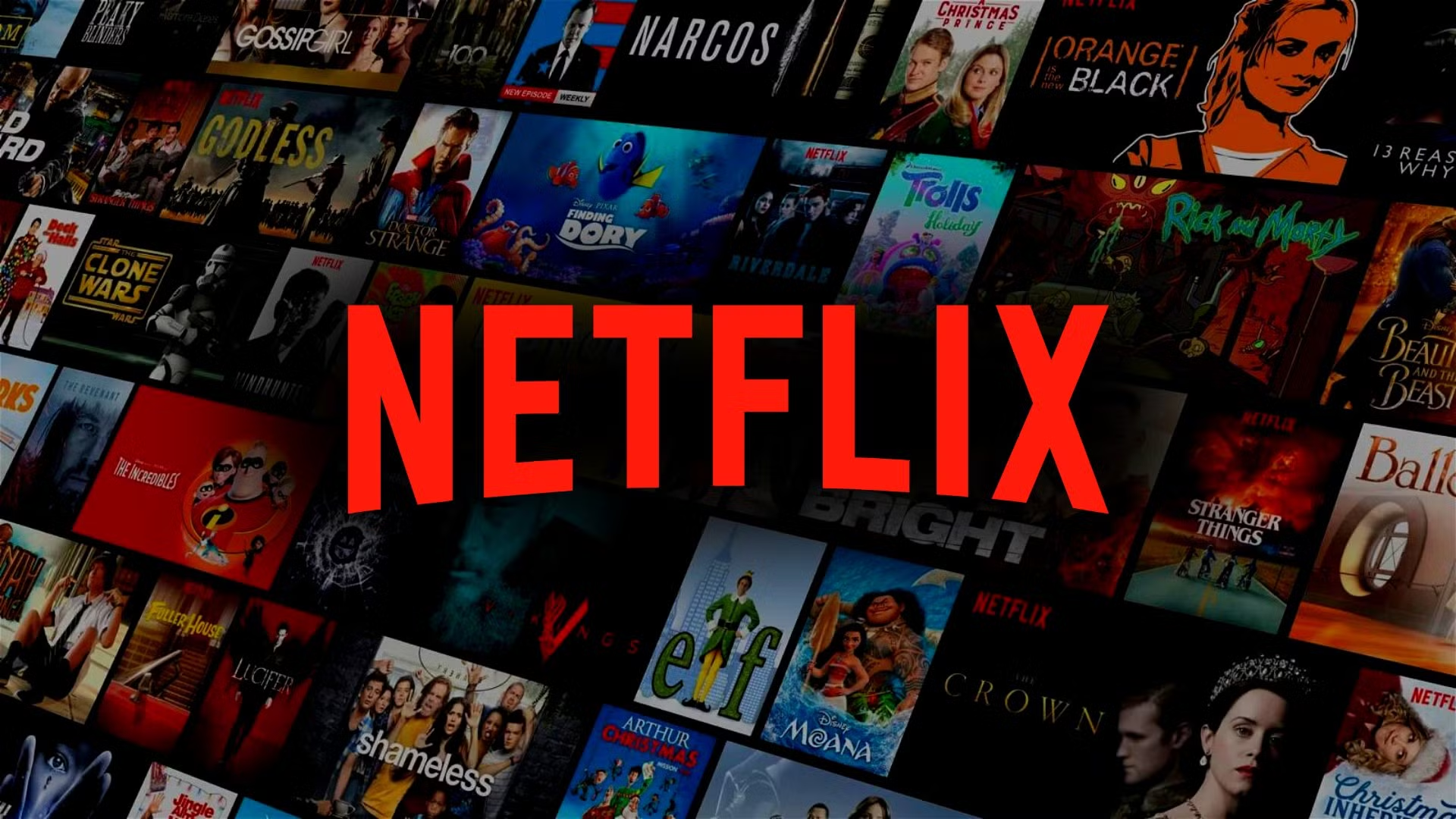Netflix's Trainwreck Series: Unveiling Our Fascination with Chaos
By Mantasha - Jul 16, 2025
Netflix's trainwreck series captivates viewers with real-life media mayhem, diving into historical events like the Astroworld incident and Rob Ford's meltdown. The surge in popularity reflects a societal fascination with disasters, raising questions about ethics and entertainment. The series' success highlights a market for chaotic content, emphasizing the fine line between engaging storytelling and exploitation in the digital age.

Netflix via webapi.umb.edu
The summer wave has seen ,[object Object],'s ,[object Object], emerge as an unexpected sensation, captivating viewers with its delve into real-life media mayhem. Unlike the comedic movie released in 2015, Trainwreck is a compelling anthology documentary created by ,Netflix,, shining a light on historical incidents of shocking, bizarre, and tumultuous events. From revisiting pop culture tragedies like the ,[object Object], involving ,[object Object], to chronicling public figures' meltdowns such as the infamous crack-smoking Toronto mayor Rob Ford, and even exploring unlikely disasters like the Carnival 'poop cruise,' each episode promises a peek into past chaos that has now become a hallmark of ,Netflix,'s most-watched content list.
Trainwreck's surge in popularity underscores a fascinating audience inclination towards the spectacle of disasters and dramatic mishaps. This documentary series serves as a window into humanity's enduring captivation with unfolding chaos and calamity. With each episode, viewers are drawn into a vicarious experience of the sensational and sometimes unbelievable events that have shaped our media landscape. As the series gains traction as ,Netflix,'s summer blockbuster, it highlights the paradox of our collective fascination with trainwrecks – events we can't help but watch, even as they unfold in all their messy and often tragic glory.
From a geopolitical perspective, the popularity of Trainwreck reflects a broader societal trend where the allure of sensationalism and disaster narratives continues to captivate global audiences. Experts suggest that the success of such content underscores a deep-rooted human curiosity for exploring the darker side of reality, raising questions about the ethical implications of profiting from others' misfortunes. As ,Netflix,'s ,Trainwreck series, gains momentum, it prompts a critical reflection on our media consumption habits and the fine line between entertainment and exploitation in the digital age.
Looking ahead, the enduring appeal of Trainwreck signifies a lucrative market for content that taps into our collective intrigue with chaos and misfortune. As streaming platforms capitalize on this trend, there are concerns about the desensitization of viewers to real-world tragedies and the blurring of lines between entertainment and tragedy. The rise of Trainwreck underscores a potential shift in audience preferences towards gripping narratives of disaster and chaos, posing challenges for content creators and raising ethical considerations about the portrayal of sensitive events for commercial gain.


